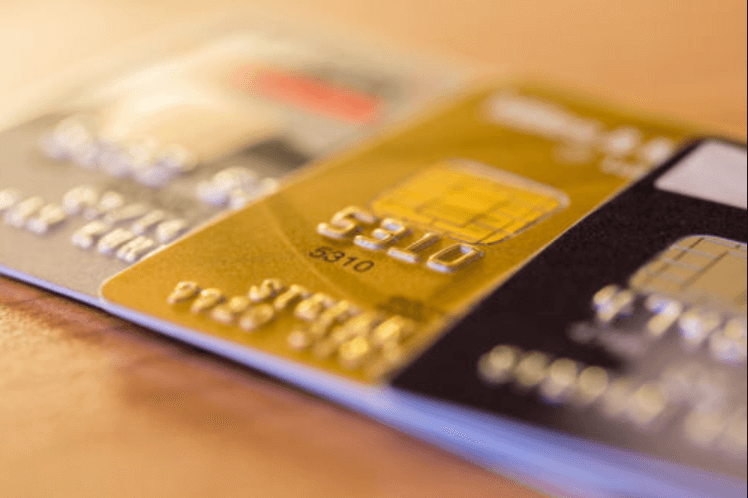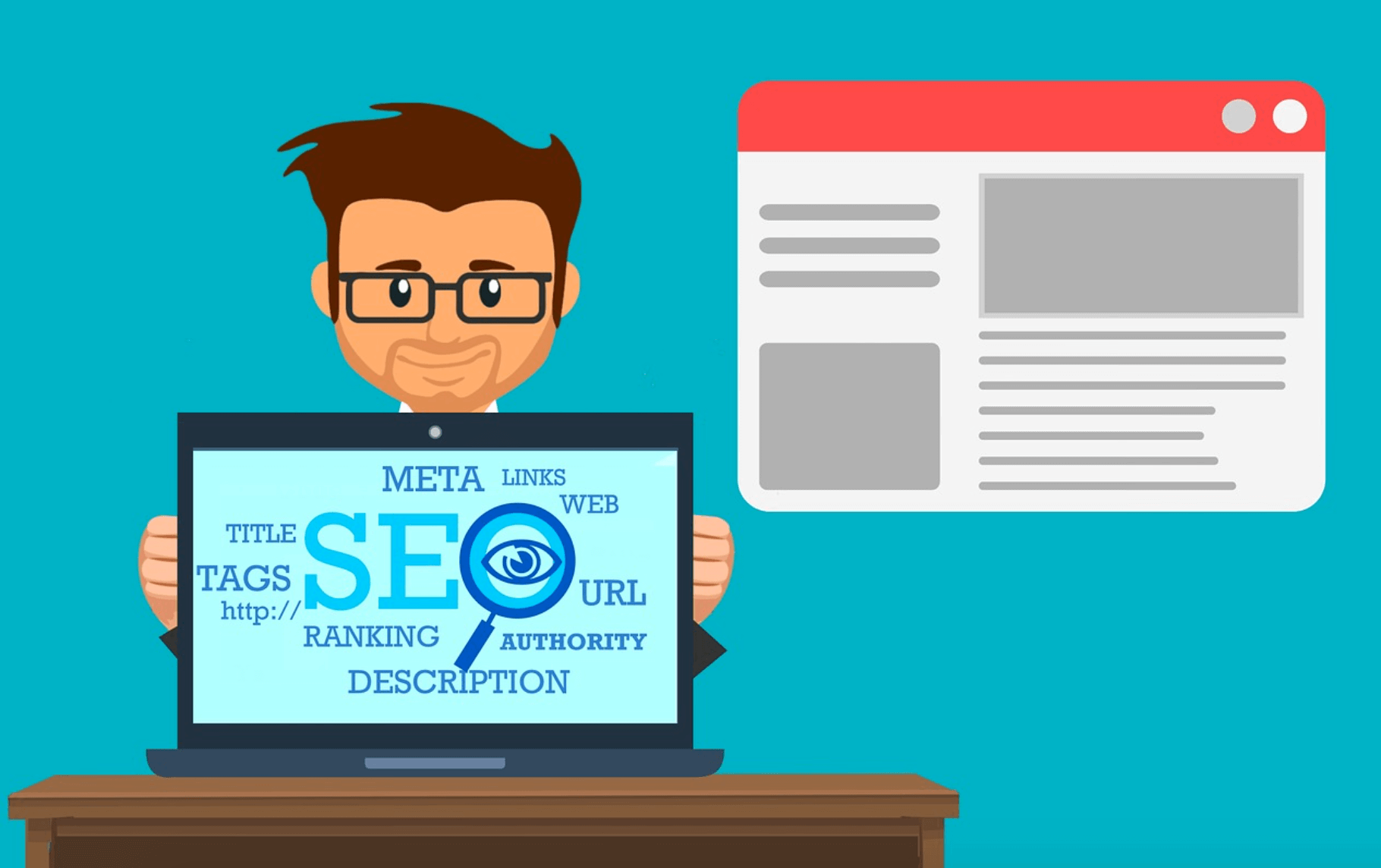The loss of a loved one is a challenging and emotional time, and it often brings with it a myriad of responsibilities and uncertainties. One such concern that can arise is the fate of the deceased’s outstanding credit card debt. What happens to credit card debt when you die? This article explores this important question and offers guidance for those left behind.
Understanding Credit Card Debt
Credit card debt is essentially a financial obligation. When you use a credit card, you are essentially borrowing money from a lender, and you are expected to repay that debt. If you pass away with an outstanding balance on your credit card, the responsibility for that debt doesn’t simply disappear.
Credit Card Debt and Your Estate
Upon your death, your estate becomes responsible for paying off your outstanding debts, including credit card debt. An estate consists of all your assets, which can include real estate, investments, bank accounts, and personal property. The executor of your estate is responsible for managing and distributing these assets, and part of that process involves settling any outstanding debts.
The Role of Co-Signers and Authorized Users
If you have a co-signer or authorized user on your credit card account, they may become responsible for the debt. A co-signer is equally liable for the debt and will need to repay it. Authorized users, however, are generally not responsible for the debt but should refrain from using the card after the account holder’s death.
What Happens to Joint Credit Card Accounts
Joint credit card accounts work differently. In this case, the surviving account holder typically becomes solely responsible for the debt. It’s crucial to understand the terms and conditions of your specific credit card agreement.
Settling Credit Card Debt with Assets
Credit card debt can be paid off using the deceased’s assets. The executor will evaluate the estate’s assets and may sell them to settle the debt. It’s important to note that some assets may be exempt from this process, depending on your state’s laws.
Life Insurance and Credit Card Debt
If you have life insurance, the death benefit can be used to pay off credit card debt. Beneficiaries receive the death benefit tax-free and can use it to settle outstanding financial obligations, including credit card balances.
Probate Process and Credit Card Debt
The probate process involves validating a will, paying off debts, and distributing assets. Credit card companies must submit claims during this process, and the estate pays off the debts accordingly.
Credit Card Debt vs. Other Debts in Probate
It’s important to understand the hierarchy of debt in probate. Credit card debt is typically unsecured, meaning it has a lower priority compared to secured debts like mortgages or auto loans. This means that other debts may need to be settled first.
Dealing with Credit Card Debt Collectors
Family members and executors may encounter debt collectors trying to recover the outstanding credit card debt. It’s essential to know your rights and be aware that some practices may be deemed unlawful.
Impact on Your Credit Score
The deceased’s credit card debt will not affect the credit scores of surviving family members. However, it may impact the deceased’s credit score if not paid off. A lower credit score can affect the estate’s ability to secure loans or lines of credit to pay off the debt.
Options for Surviving Family Members
Family members left behind have several options to manage the credit card debt, including negotiating with creditors, paying off the debt from the estate, or seeking financial counseling.
Financial Counseling and Legal Assistance
Engaging financial counselors or legal professionals can provide valuable guidance in navigating the complex process of settling credit card debt and managing the estate.
Planning Ahead to Avoid Credit Card Debt Burden
To spare your loved ones from the burden of credit card debt, consider good financial planning. This may include life insurance, creating a will, and managing your credit responsibly. Read more…
Conclusion
In conclusion, what happens to credit card debt when you die simply vanish when you pass away. It becomes an obligation of your estate, and the process of settling it can be complex. It’s essential to understand your options and obligations and, if possible, plan ahead to avoid burdening your loved ones with your credit card debt.
FAQs
1. Can my family inherit my credit card debt when I die?
No, your family members do not inherit your credit card debt. The debt becomes an obligation of your estate.
2. What happens if I have a co-signer on my credit card account?
If you have a co-signer, they become equally responsible for the debt and will need to repay it.
3. Can life insurance be used to pay off credit card debt after I die?
Yes, life insurance death benefits can be used to settle credit card debt.
4. How can I protect my family from my credit card debt after I pass away?
Planning ahead, responsible financial management, and having a clear will can help protect your family from the burden of credit card debt.
5. What should I do if I encounter debt collectors trying to collect the debt of a deceased family member?
It’s important to know your rights and, if necessary, consult a legal professional to handle such situations effectively.










